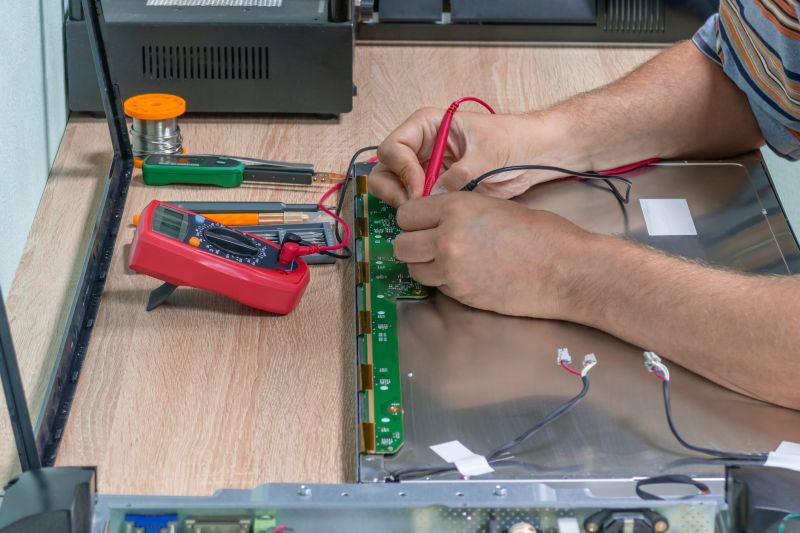Optimal Timing for Windows Installations
Determining the optimal time for Windows installations involves considering various factors such as system readiness, workload schedules, and environmental conditions. Proper timing can ensure smoother setup processes and minimize disruptions to daily operations.
Installing Windows during periods of low activity reduces the impact on productivity and allows for easier troubleshooting if issues arise.
Perform installations outside of peak hours to prevent interference with critical business functions and customer service.
Coordinate installations when hardware components are most compatible, often during planned upgrades or maintenance windows.
Align Windows installations with scheduled software updates to ensure compatibility and security.

Technicians performing a Windows setup on a desktop computer.

Preparing hardware for Windows deployment in a server environment.

A workspace with multiple computers being updated simultaneously.

Technicians inspecting hardware components before Windows installation.
| Factor | Optimal Timing Considerations |
|---|---|
| Workload Schedule | Perform during low-traffic hours or scheduled maintenance windows. |
| Hardware Compatibility | Coordinate with hardware upgrade schedules for seamless integration. |
| Software Updates | Align with planned software update cycles for compatibility. |
| Environmental Conditions | Choose times with stable temperature and humidity. |
| Business Operations | Avoid peak business hours to minimize disruptions. |
| Staff Availability | Schedule when technical staff are available for support. |
| Network Traffic | Perform installations during periods of low network usage. |

A technician setting up Windows on a desktop computer.

Installing Windows on enterprise servers.

Upgrading multiple systems during a scheduled window.

Checking hardware before Windows deployment.

Support team coordinating installation schedules.

Verifying system stability after Windows setup.

Preparing backups prior to Windows installation.

Ensuring optimal conditions during installation.
Windows installations are a critical component of system management, often involving significant planning to minimize downtime and ensure compatibility. Proper timing can lead to smoother transitions and reduce the risk of operational disruptions. Many organizations prefer to schedule installations during off-peak hours or designated maintenance windows, especially when deploying across multiple systems or enterprise environments.
Statistics indicate that a well-planned installation process can decrease setup time by up to 30 percent and reduce post-installation issues. Additionally, aligning installations with hardware refresh cycles or software update schedules can enhance system stability and security. It is advisable to prepare thoroughly, including backing up data and verifying hardware readiness, before initiating Windows installations.

Laptop undergoing Windows installation.

Backing up data prior to installing Windows.

Monitoring installation progress on a server.
For organizations planning Windows installations, it is recommended to coordinate with IT professionals to select the most suitable timing. Proper scheduling ensures minimal disruption and maximizes system performance. Interested parties are encouraged to contact for further assistance and scheduling support.



